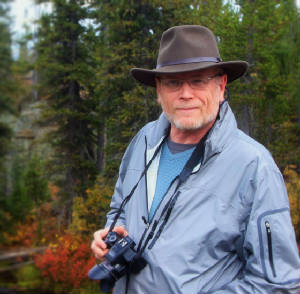
I have about
twenty-five years of substance abuse and mental health counseling experience and specialize in applying Rational Emotive Behavior
Therapy to substance abuse and related emotional-behavioral problems. I am licensed by the state of North Carolina as a
"Licensed Clinical Addictions Specialist." I have a Master of Education degree in counseling
from North Carolina State University, as well as a Master of Religious Education degree from Southeastern Baptist Theological
Seminary in Wake Forest, NC (please don't hold the latter against me).
I believe it is an objective statement to say that I was one of the early pioneers in NC to
offer substance abuse counseling and treatment based on the behavioral sciences rather than "12-step" spirituality.
From my perspective, it is vital for people to have
access to realistic, sensible, and effective counseling that is free of spiritualism and religiosity. One could say I believe
it is a "spiritual" principle that people have the right (per the US Constitution) to not have spiritual/religious
dogma forced on them in order to get help with overcoming addictive behaviors. I am not opposed to spiritual/religious programs
or approaches. I simply affirm that people should have the freedom to "opt out" of spiritually oriented programs
-- and still get professional help. I have tried to champion this cause and offer a professionally responsible
alternative since the early 1990's (when, as far as I know, there were absolutely no non-12-step treatment options in NC.)
I experienced significant substance use problems in my late teens/early 20's but
recovered from these problems without professional treatment or twelve-step participation. To illustrate one of the reasons
why I'm not categorically opposed to religious/spiritual approaches, I can tell you that I broke my addictive cycle by immersing
myself in my church and religious community.
Never-the-less, while I do not consider myself a so called "recovering addict," I do consider myself
a, "recovering Southern Baptist." While sensitive and respectful of spiritual/religious concerns or interests, I
do not believe spirituality or twelve-step groups are necessary ingredients for recovery. Spiritual/religious oriented programs
have been and continue to be helpful to many people but they are not appropriate for everyone. I am dedicated to offering
a more humanistic approach that presents people with a practical and sensible alternative based in the behavioral sciences.
Additionally, I serve as the "volunteer advisor" for the Raleigh SMART
Recovery® Group and have been a member of the SMART Recovery® board of directors.

